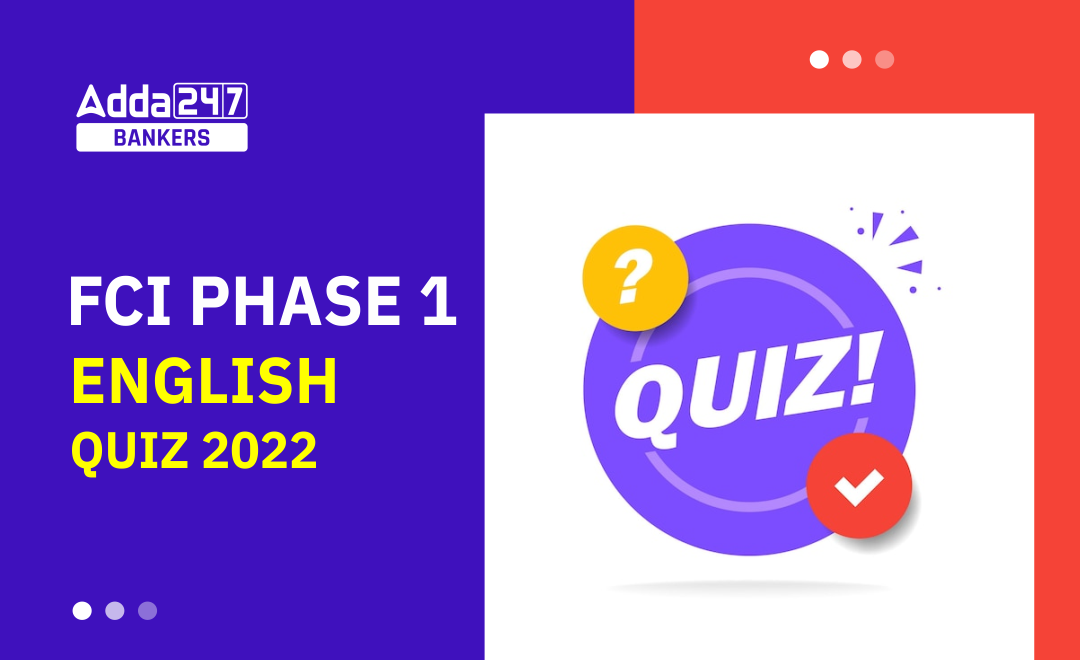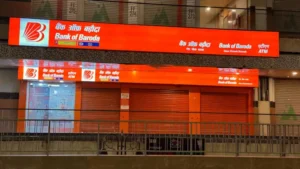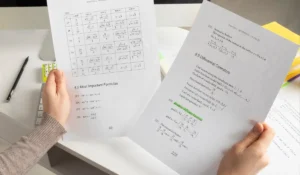Directions (1-10): In the following passage, some of the words have been left out, each of which is indicated by a number. Find the suitable word from the options given against each number and fill up the blanks with appropriate words to make the paragraph meaningful.
The IS’s puritanical, one-size-fits-all brand of Islam hasn’t found much resonance in India. ( ___ 1 ___ ) the syncretic nature of Indian Islam, it is extremely difficult for groups such as the IS to become popular among Muslims, as it ( ___ 2 ___ ) in parts of Iraq and Syria. But lone- wolf attacks, ( ___ 3 ___ ) by the IS world view and tactics, could pose security risks. The IS is not recruiting people ( ___ 4 ___ ) local communities as in the case of other terror organisations or, as in Pakistan and Afghanistan, through madrasas. The IS’s medium is the Internet. It reaches out through online propaganda. This is all the more significant at a time when the IS is under attack in its ( ___ 5 ___ ) territories and is desperate to expand its reach beyond West Asia. Of late it has carried out major terrorist attacks in India’s neighbourhood — in Afghanistan, Bangladesh and Pakistan, including the deadly bombing ( ___ 6 ___ ) the Sehwan Sufi shrine in Sindh. This outreach to South Asia should worry India. To prevent the group from gaining a foothold on its territory, India needs high-level intelligence and counter-terror operations to continue. ( ___ 7 ___ ) important is better ( ___ 8 ___ ) between the state and Muslim religious leaders in countering radicalisation and having in place specific de-radicalisation programmes, as western governments do. It is important to not ( ___ 9___ ) these isolated arrests be blown out of proportion to target the larger Muslim population, which right-wing elements often ( ___ 10 ___ ) to do. Bigotry cannot be checked with bigotry.
Q1.
(a) By
(b) Despite
(c) Given
(d) Seeing
(e) Considering
Q2.
(a) had
(b) was
(c) did
(d) have
(e) is
Q3.
(a) inspired
(b) executed
(c) conspired
(d) plotted
(e) consorted
Q4.
(a) within
(b) from
(c) among
(d) in
(e) through
Q5.
(a) local
(b) strong
(c) away
(d) core
(e) old
Q6.
(a) on
(b) to
(c) in
(d) of
(e) at
Q7.
(a) Another
(b) Mainly
(c) Similarly
(d) Equally
(e) Likely
Q8.
(a) connection
(b) coordination
(c) chemistry
(d) relation
(e) understanding
Q9.
(a) make
(b) let
(c) imply
(d) impose
(e) use
Q10.
(a) try
(b) believe
(c) seem
(d) like
(e) deem
Directions (11-15): Read each sentence to find out whether there is any grammatical error or idiomatic error in it. The error, if any, will be in one part of the sentence. The number of part is the answer. If there is no error, the answer is (e). (Ignore errors of punctuation, if any)
Q11. (a) Although these rooms / (b) are in need of repair, / (c) but the owner does not take / (d) any notice of their condition. / (e) No error
Q12. (a) Mrs. Sen told me that though / (b) her son had worked hard but / (c) he failed to make / (d) any mark in the last examination. / (e) No error
Q13. (a) Hardly had the speaker / (b) finished speaking, then / (c) the lights went out and / (d) there was an uproar in the hall. / (e) No error
Q14. (a) The newsman was doubtful / (b) that the man who had been run over / (c) by some vehicle had lain / (d) there for more than one day. / (e) No error
Q15. (a) Both the rich along with / (b) the poor are responsible for a / (c) great many vices with which our society / (d) as well as country is inflicted. / (e) No error
S1. Ans. (c)
S2. Ans. (c)
S3. Ans. (a)
S4. Ans. (e)
S5. Ans. (d)
S6. Ans. (e)
S7. Ans. (d)
S8. Ans. (b)
S9. Ans. (b)
S10. Ans. (a)
S11. Ans. (c)
Sol. Use ‘yet’ in place of ‘but’ because Although/Though is followed by ‘yet’ and not ‘but’.
S12. Ans. (b)
Sol. Use ‘yet’ in place of ‘but’
S13. Ans. (b)
Sol. Use ‘when’ in place of ‘then’
S14. Ans. (b)
Sol. Use ‘whether’ or ‘if’ in place of ‘that’
S15. Ans. (a)
Sol. Use ‘and’ in place of ‘along with’ because after ‘both’, ‘and’ is used.



 Bank of Baroda Chaprasi (Peon) Exam Date...
Bank of Baroda Chaprasi (Peon) Exam Date...
 Bank of Baroda Office Assistant Exam: टॉ...
Bank of Baroda Office Assistant Exam: टॉ...
 RRB Section Controller Memory Based Pape...
RRB Section Controller Memory Based Pape...










